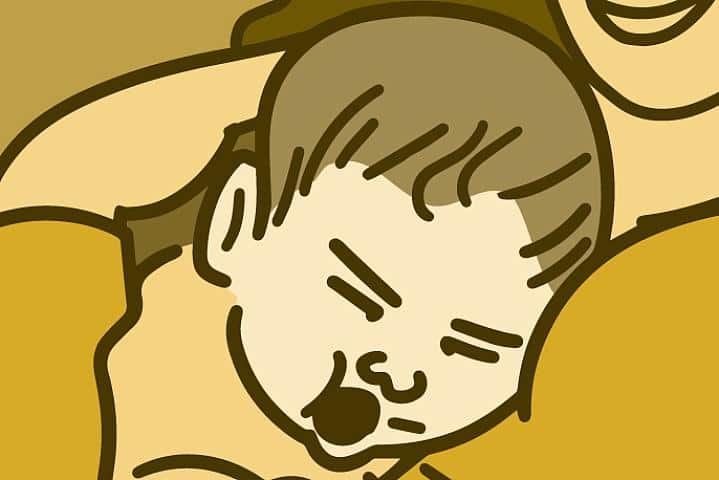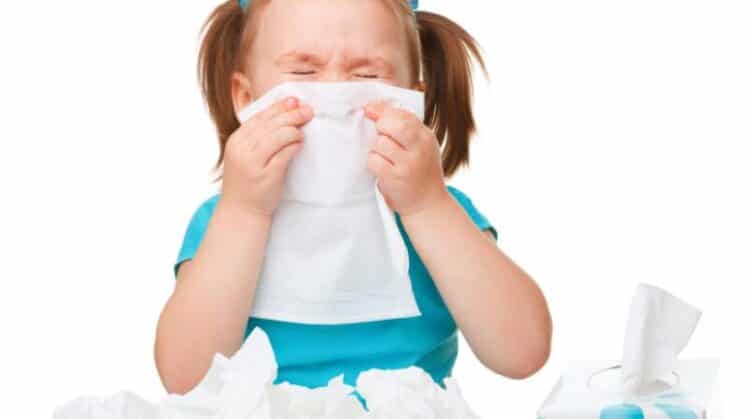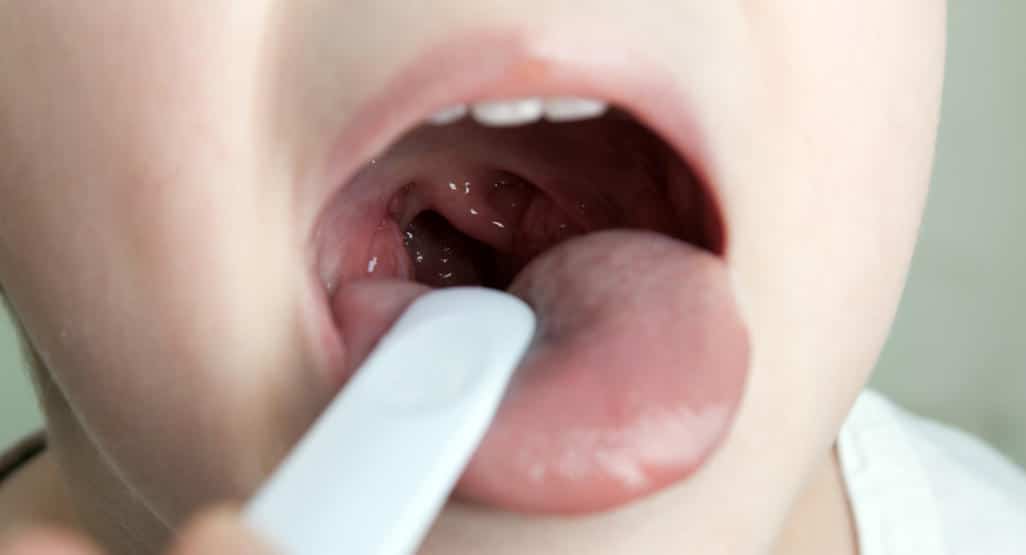Many of us probably have memories of being ill at least a few times as a child. Common childhood ailments like chicken pox and tonsilitis are practically a rite of passage, something we all endured, and which – depending on the illness – we still bear the marks of to this day.
On some occasions, these illnesses may have caused so much discomfort that they still make us shudder at the memory, while at other times, our periods of childhood sickness were probably viewed as providing a delightful reprieve from the boredom of school.
Whatever our memories of our common childhood ailments, we may think that we left them behind in our primary school years. However, the truth is that these usually mild childhood illnesses can strike us as adults with sometimes devastating consequences.
As a result, it’s a good idea to familiarise yourself with the symptoms of some of the most common childhood illnesses which can affect adults, so you know when you may need to seek medical attention. If you are concerned, it may also be a good idea to get an additional vaccination as well, as this can help to prevent some of the following conditions.
Whooping Cough
One of the most frequently occurring childhood ailments used to be whooping cough. In the UK, thousands of cases of this disease used to be reported each year before the vaccine program was rolled out. In very young children, these cases could be particularly severe, sometimes even causing pneumonia or death.

As a protective measure, these days in the UK, babies can be vaccinated at the age of 2 months, with boosters given at 3 and 4 months of age. Pregnant women can also opt to have the vaccine to protect their newborns, with the vaccine being offered between 16 and 32 weeks gestation. Unfortunately, what many of us may not realise is that this vaccine can wear off over time. This means that adults now have a much greater chance of contracting whooping cough than children.
While it is not likely to be dangerous in adulthood, it can still be a very distressing experience, prompting bouts of frequent coughing which can potentially last for well over a month. In some cases, complications can arise, including chest pains, difficulty breathing, and even coughing up blood, in which case it is imperative that you seek urgent medical assistance.
Chickenpox
The vast majority of us will catch chickenpox when we are kids. In fact, some people would host ‘chickenpox parties’ to ensure their children would catch the disease at a young age, as they believed the risk of complications would be much lower.
These parties were so effective because chickenpox is a highly infectious condition; so much so that 90% of the people who have come into contact with a sufferer will go on to develop it themselves within two weeks. In most cases, chickenpox will merely be a very itchy and uncomfortable experience, but it does bring the risk of potentially severe complications and can even be fatal. It can also flare up again in your adult years in the form of shingles, or herpes zoster, to give it its official medical name.
Somewhat bewilderingly, if you develop shingles you run the risk of infecting people around you with chickenpox if they never contracted the disease as a child. However, if it is possible for you to keep the affected areas of skin covered, the chance of passing it on is decreased. Shingles are characterised by a blotchy rash, which turns into fluid-filled blisters but can also cause a fever and pain. Complications are possible, particularly if you have a weakened immune system. These can range from postherpetic neuralgia to inflammation of the eye and weakness of the affected nerve.
Mumps
Characterized by a painful swelling of the parotid glands (or your main salivary glands, in layman’s terms), mumps is a highly contagious virus that can also cause fever, fatigue, and reduced appetite.

Lasting only a few days in most cases, mumps rarely affects anyone more than once, as the human body produces antibodies that usually provide protection for the rest of that person’s life. Some people may also have it so lightly that they don’t have any noticeable symptoms.
That being said, the fact remains that mumps is one of those childhood illnesses that can actually be much worse for adults than for kids. For example, men who catch mumps can experience some painful and potentially dangerous complications, including swollen testicles, pancreatitis, and inflammation of the brain (although the latter is, fortunately, rare).
Head Lice
While this may not technically be a disease, contracting a head lice ‘infestation’ is a very widespread problem that affects children and adults alike and usually occurs during primary school. If you have never encountered any before, head lice are tiny white or greyish-brown insects that exist quite happily in human hair, laying their eggs (the empty cases of which are known as nits) and causing their host to develop an itchy scalp and potentially a rash on the neck. While they may remind you of fleas, they are not related and cannot be ‘caught’ by animals, as head lice only live on human hair. Also, unlike fleas, head lice cannot jump, nor can they fly.
Head lice can be very difficult to spot, but there are a few common signs to look out for if you suspect you or a loved one may have them. These signs include little white specks (the egg cases), which may usually be found at the back of the neck or behind your ears; the aforementioned rash and itchiness; and you may even feel an uncomfortable sensation as if something is crawling through your hair.
Although it is very difficult to prevent the contraction of head lice, if you or your family members do get them, they are very easy to treat, so their presence is nothing to be alarmed by. Special ‘nit combs’, sprays, lotions and shampoos can be quickly and easily purchased from supermarkets and pharmacies, and these medicated products should quickly take care of the problem.
Tonsilitis
Causing unpleasant symptoms that can be reminiscent of the flu, tonsilitis is a very common childhood ailment that can also regularly affect adolescents and adults. Its symptoms include:
- A painful throat
- A fever
- Difficulty swallowing
- Earache
- Headache
- Fatigue
It can also cause more severe effects, such as swollen glands and pus-filled spots in the throat.
Fortunately, tonsilitis does not usually last more than a few days and is not contagious. The majority of cases of this illness are viral tonsilitis, which clears up on its own; however, in the case of bacterial tonsilitis, antibiotics may be required, so if you have any doubts or concerns about which type you have, you should see your doctor.
Treatments for tonsilitis can easily be obtained from your pharmacy or supermarket and include lozenges to soothe your sore throat, paracetamol to bring down a fever, and antiseptic sprays or solutions to help curb the infection.
In Conclusion
As you can see, there are a number of common childhood conditions that can return to trouble us in adulthood. In many cases – depending on the illness – these ailments will last only a few days and require only minor treatment. However, some conditions can be more severe, so it’s always best to see your doctor and seek further treatment if you feel unwell or have any concerns.

















